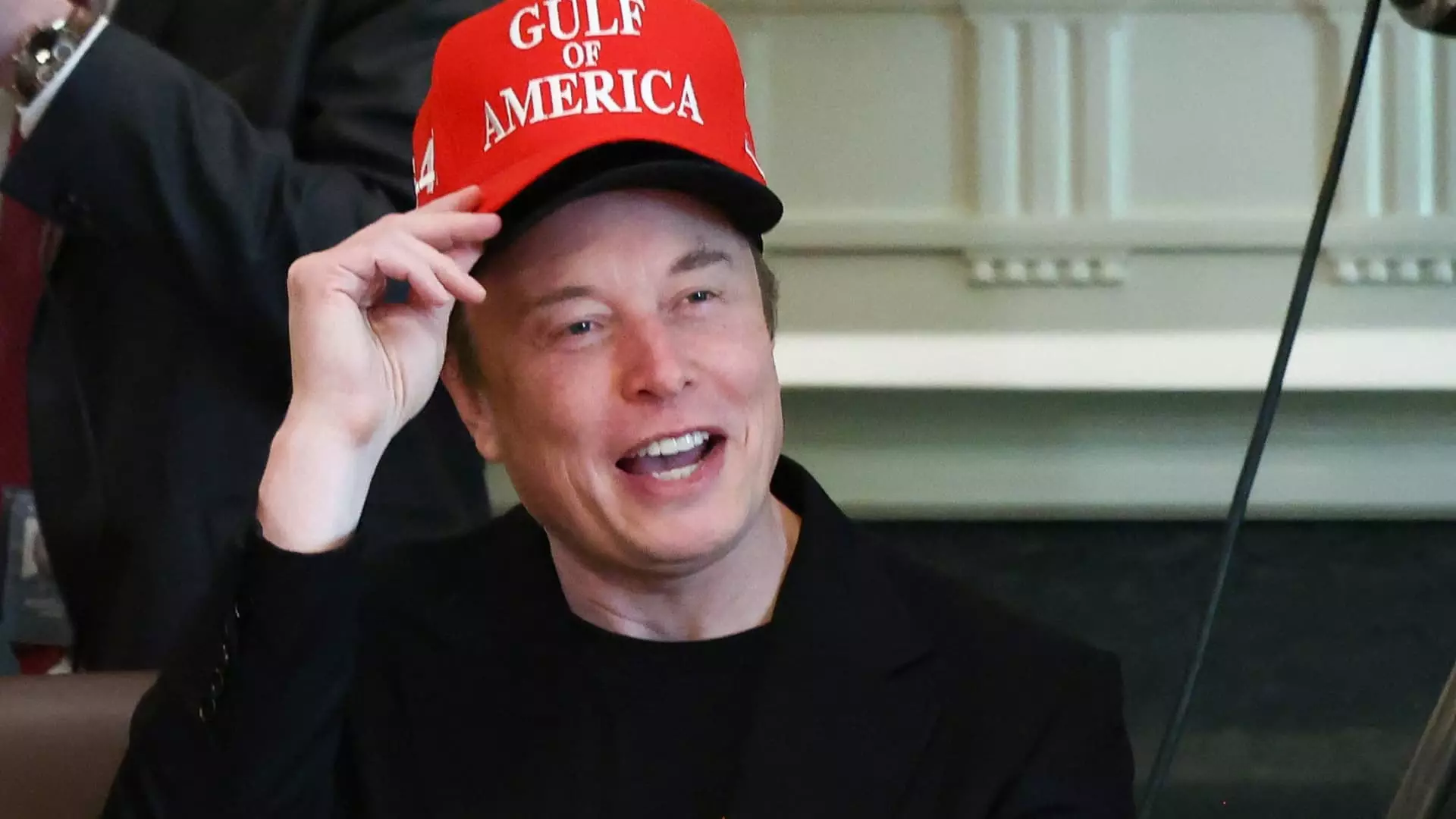In a surprising turn of events, Elon Musk recently wrapped up his tenure at the Department of Government Efficiency, a role that many viewed as part public relations stunt and part genuine attempt to instill greater efficiency within the beleaguered federal structure. Musk, who wore many hats including that of CEO for Tesla and SpaceX, seemed to dive headfirst into the sands of Washington politics, hoping to leave his mark on a system that often feels immovable. However, as he exits the scene, we’re left to grapple with whether his intentions were as grand as they appeared or merely a diversion for a billionaire seeking influence.
Musk’s claim of “reducing wasteful spending” is a bold one; however, it overlooks the complexities of governmental operations that resist simple fixes. The notion that one can wield unprecedented corporate success to slash federal budgets and to implement widespread change is alluring but remarkably naive. Musk’s optimism was, at best, a simplification of a deeply entrenched bureaucratic labyrinth. The fact that he criticized Trump’s spending bill, claiming it counteracted his team’s efforts, marks a larger issue of ideological dissonance. It suggests not just a rift in the vision for American fiscal responsibility, but also a disconnect from the realities that face public servants attempting to navigate legislative challenges.
The Reality of Dual Roles
While Musk has repeatedly asserted that he could balance his commitments between corporate leadership and the public sector, the mounting legal challenges hint at the inherent incompatibilities in such a dual role. With an array of pending lawsuits citing violations of federal regulations, it becomes painfully clear: conflicting interests between governmental duties and personal business endeavors can create a quagmire. This is not merely a case of juggling responsibilities; it’s a potential breach of trust in both spheres.
Moreover, requesting the Tesla board mandate Musk’s presence in the office as a condition for future compensation further compounds the concern surrounding his divided focus. For an entity like Tesla, which stands at the forefront of automotive innovation, a CEO also engrossed in governmental initiatives could risk the company’s trajectory. The dichotomy raises essential questions about the implications of appointing business moguls with vested interests in both spheres.
Distrust in the Power Dynamics
Critics have long argued that the intersection of big business and government can lead to corruption and nepotism. With Musk’s appointment under the Trump administration appearing to encourage a softer view towards corporate control over governmental processes, visible cracks in his leadership have illuminated the precarious nature of such arrangements. As a self-proclaimed innovator, Musk’s undertones of benevolence thinly disguise the potential for self-serving motivations behind policy reform.
Every decision, every statement he made in office not only shaped policies but also fed his persona as a titan capable of changing the world. However, progress does not merely manifest through grandstanding claims and social media soundbites; it requires accountability, ethical stewardship, and substantial time commitment—qualities that remain murky in Musk’s case. The blurred lines between his corporate ambition and public service duties casts a long shadow over the effectiveness of his tenure, raising the question: was this appointment a miscalculation in the quest for governmental efficiency, or a calculated gamble that ultimately failed to yield meaningful progress?


Leave a Reply